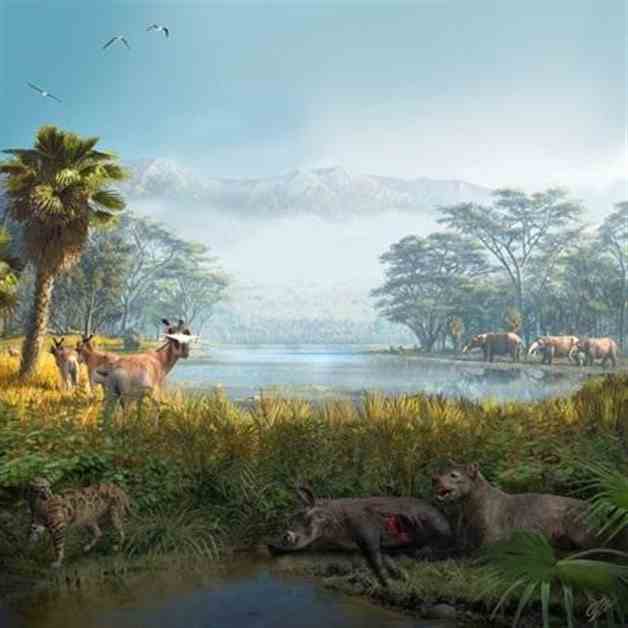What Led to the Extinction of Predators in the Iberian Peninsula?
The decrease in prey populations drove the extinction of predators in the Iberian Peninsula, according to an international research study involving the Complutense University of Madrid (UCM) and the National Museum of Natural Sciences (MNCN-CSIC).
To reach this conclusion, an interdisciplinary team of ecologists and paleontologists from Brazil, Spain, and Sweden analyzed a temporal series of food webs spanning over 20 million years to determine how their restructuring affected predator extinction. Specifically, they gathered information on the body size and diet of mammal species in the Neogene fossil record of the Iberian Peninsula and calculated their possible interactions through Network Analysis.
In this study, published in Ecology Letters, the experts found that food webs experienced a gradual simplification, losing interactions and becoming more dispersed towards the present. Approximately 15 million years ago, there was a significant decrease in temperature along with an increase in aridity, which favored the arrival and proliferation of large herbivores while reducing the diversity of medium-sized ones.
These changes in the distribution of body mass among herbivore communities decreased the number of available prey for most predators, driving the simplification of the food web.
Throughout the research, the authors found that the longevity of predators was directly related to their risk of extinction, and predators with fewer available prey experienced a higher risk of extinction. According to Fernando Blanco, co-author of the study and researcher at the University of Gothenburg (Sweden), this emphasizes the importance of ecological interactions in influencing extinction patterns over evolutionary time.
«We should consider not only individual species but also a broader ecological context to develop conservation strategies that preserve predators in our ecosystems,» Blanco noted.
Send your news to: participa@andaluciainformacion.es.





